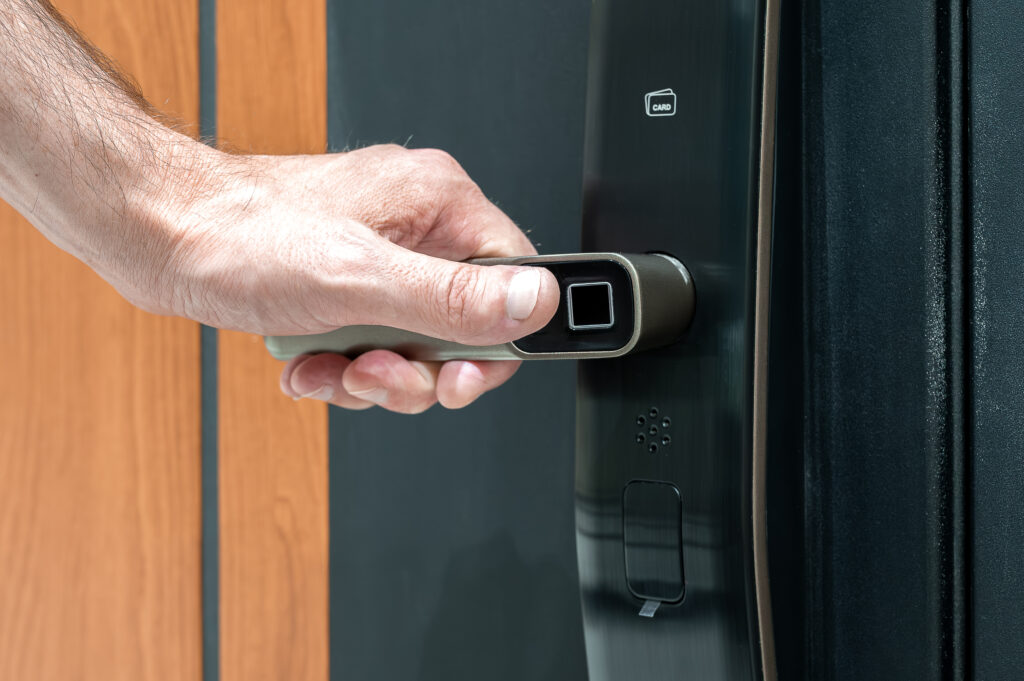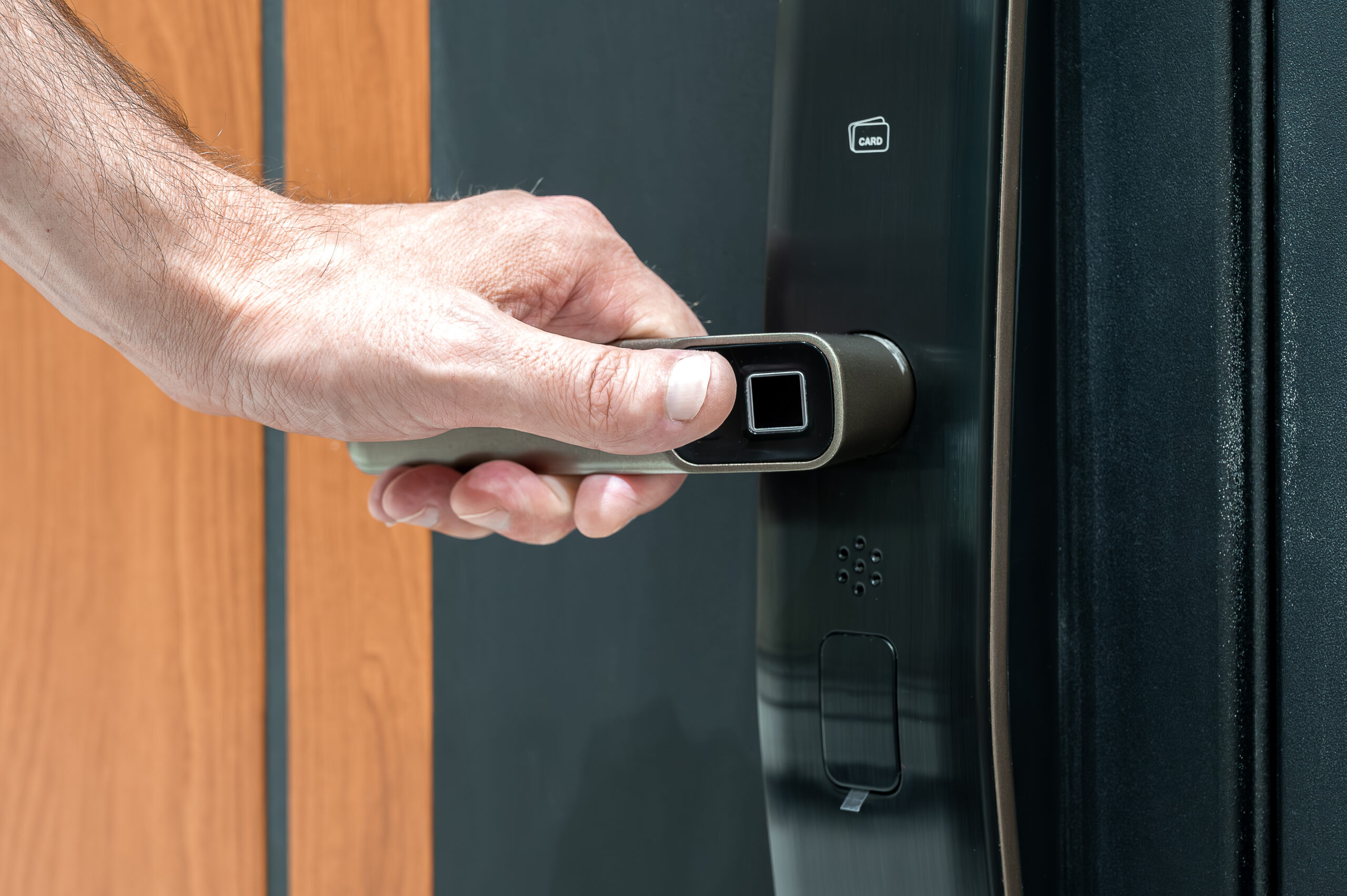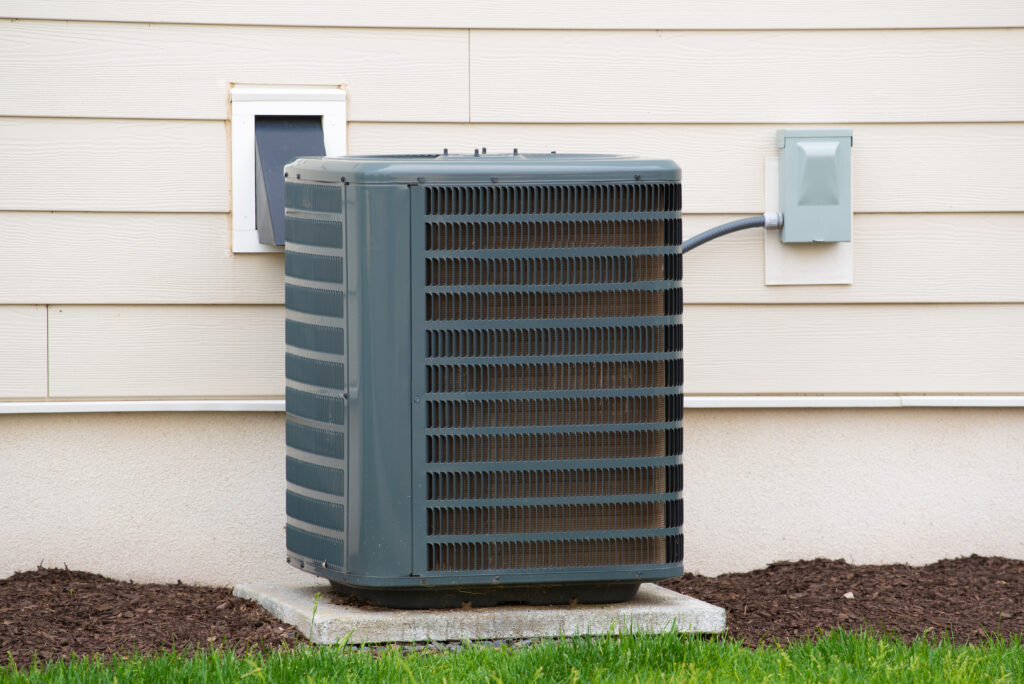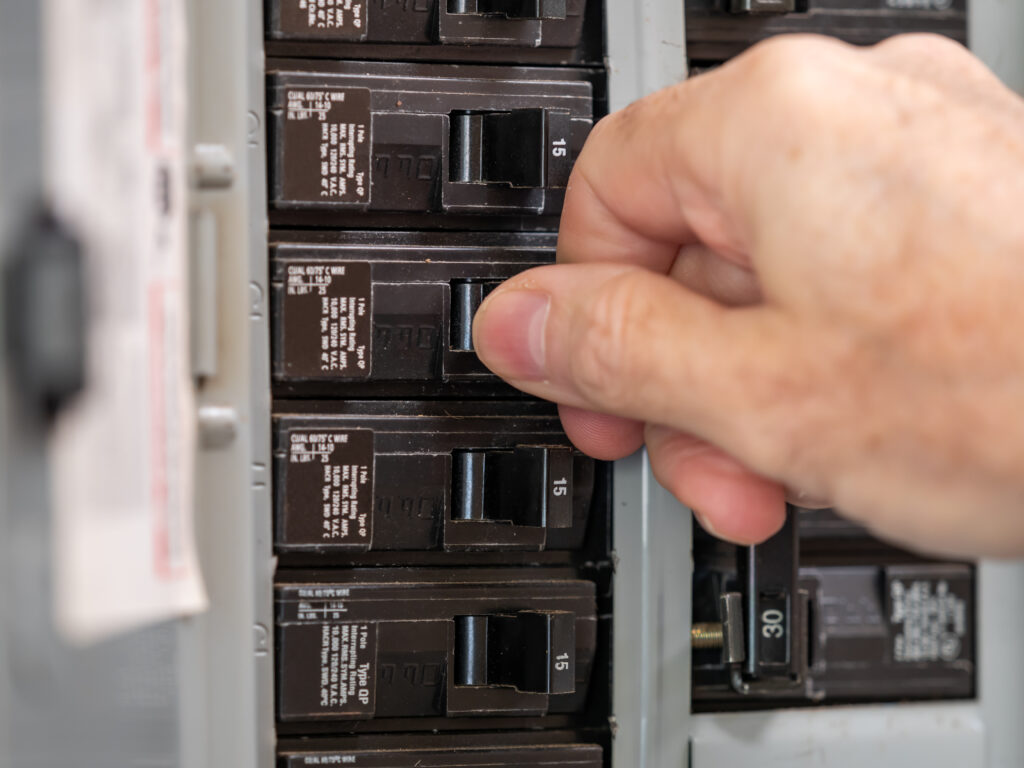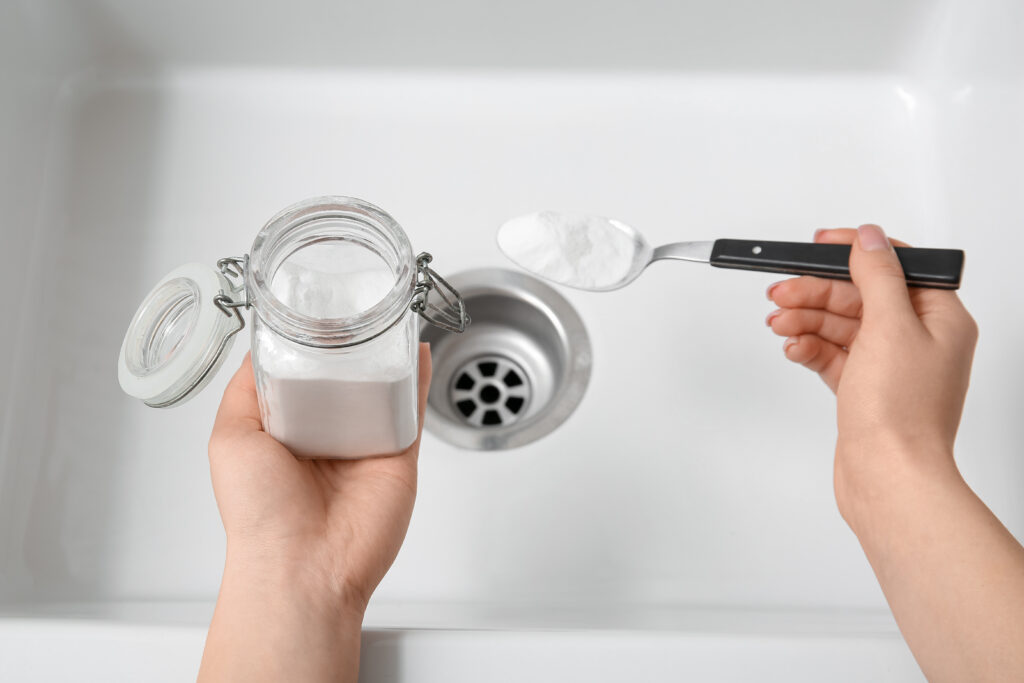Understanding Smart Locks: A Modern Key to Home Security
Home security has come a long way from the days of keys under doormats and heavy metal bolts. In the rapidly evolving landscape of smart home technology, smart locks have emerged as one of the most practical, secure, and user-friendly options for modern homeowners. As more people seek convenience without sacrificing safety, understanding how smart locks work—and whether they’re the right fit for your home—is increasingly important. This article dives into everything you need to know about smart locks, from their core functionality to pros, pitfalls, and what they mean in the context of a home warranty. Let’s unlock the essentials.
What Is a Smart Lock?
A smart lock is an electronic locking system designed to replace or enhance your traditional deadbolt. Unlike classic locks, smart locks connect to your home’s Wi-Fi or Bluetooth, allowing you to lock and unlock doors using a smartphone app, voice assistant, or sometimes even biometrics. Most smart locks retain a physical key override for manual access, but the goal is security enhanced through remote access and automation.
At its core, a smart lock provides keyless entry. So instead of duplicating physical keys, you generate digital access codes or grant permissions via an app. These features add a layer of flexibility and monitoring not possible with older, analog locking mechanisms. Whether you’re letting in a friend, checking whether you locked the door from work, or creating unique access codes for deliveries, smart locks adapt to lifestyle demands.
How Smart Locks Work
Technically, the mechanism of a smart lock isn’t drastically different from a standard lock—it still uses a bolt that slides into the door frame. What changes is how that movement gets triggered. Most smart locks are either mounted over your existing deadbolt, replacing just the turn mechanism, or completely replace the hardware. When activated through a command—say, a tap on your phone or a schedule you set—the lock’s internal motor rotates the thumb-turn mechanism, engaging or disengaging the bolt.
Wi-Fi-enabled models can be controlled remotely, while Bluetooth-based devices typically work within proximity. Many smart locks integrate directly with home automation platforms like Google Home, Amazon Alexa, or Apple HomeKit, providing even more options for control through voice or pre-set routines.
Key Benefits of Smart Locks
The appeal of smart locks is easy to understand once you walk through their benefits. Remote access leads the list—you can lock or unlock your doors from virtually anywhere using your smartphone. This is functional peace of mind, especially when you’re away from home and unsure if you secured the house before leaving. Schedule-based access is another major feature; you can configure temporary codes for visitors, cleaners, or contractors, limiting their access by date or time.
Integration makes smart locks even more powerful. Synced with a smart home system, your front door can automatically lock when you disarm the alarm or detect your phone’s proximity. Push notifications and access logs help you keep track of who entered and when. In short, smart locks bring both convenience and control—two elements traditionally at odds when it comes to home security.
Common Drawbacks and Limitations
Despite their many advantages, smart locks are not without flaws. One of the more immediate concerns is connectivity. Any smart device with a digital interface relies on power and signal. If the device loses Wi-Fi or the battery dies, the functionality becomes limited. Most smart locks mitigate this with backup power options or physical keys, but it’s still important to plan for contingencies.
Security is another common debate. While manufacturers enforce strict encryption standards, the digital nature of smart locks introduces risks of hacking or software bugs. That’s not to say traditional locks are foolproof—in fact, they’re often easier to pick, but the idea of software vulnerabilities in your front door can be unsettling for some homeowners.
Price can also be a sticking point. A good-quality smart lock typically costs more than a basic lockset, and installation might require some minor technical know-how. Not all doors are compatible out of the box, which can lead to additional hardware purchases or professional help.
Choosing the Right Smart Lock for Your Home
When selecting a smart lock, consider your entryway configuration, the devices in your existing smart home ecosystem, and your daily habits. Some locks are retrofit models that use your existing deadbolt hardware, ideal if you’re renting or unwilling to make major changes. Others offer full replacements and additional features such as fingerprint recognition or built-in cameras. Look for models that support your preferred control method, whether voice, app-based, or code-based.
Battery life is a practical consideration, too. Most smart locks run on AA or CR123 batteries, lasting anywhere from three months to one year depending on frequency of use and device type. Many high-end models offer battery status alerts, but it’s wise to develop a routine for checking power levels.
Smart Locks and Home Warranties
Here’s where it gets interesting. While many homeowners install smart locks for enhanced security and tech convenience, they often overlook the implications on their home warranty coverage. Some home warranty providers may consider the lock system as part of the home’s security system or general hardware. However, coverage depends on the specific terms of your contract, and damage due to user error, software issues, or improper installation is usually not covered.
If your smart lock is integrated into a broader smart home ecosystem, including security or surveillance systems, any malfunction could be traced to multiple device points—leading to confusion around what needs coverage and how much is eligible. It’s important to verify that your home warranty is flexible enough to support modern, tech-upgraded features like smart locks. Too often, outdated policy terms don’t factor in new consumer technology.
Why Smart Homeowners Choose Armadillo for Peace of Mind
Upgrading to a smart lock is an investment in both security and lifestyle efficiency. But even the smartest device isn’t immune to failure, and when things go wrong, being covered matters. That’s where Armadillo comes in. Our modern, digital-first home warranty solutions are designed with today’s homeowner in mind. Whether you’re fully immersed in home automation or just starting with a single device like a smart lock, Armadillo provides streamlined, tech-aware coverage that actually understands your home upgrades.
We believe your home warranty should evolve alongside your home. That’s why we offer customizable, transparent plans that allow you to define what coverage looks like—just like your smart lock allows personalized control over your front door. Explore our solutions tailored for modern living at armadillo.one, or get started with a quote and build your plan today at our sign-up tool. Your home deserves coverage as smart as your lock.
















